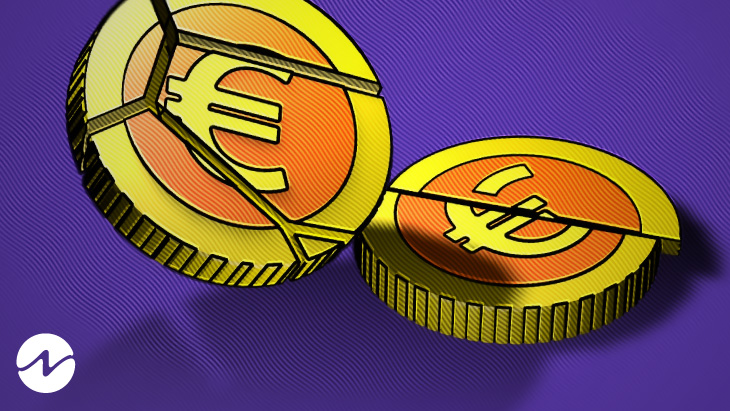- On July 21st, the European Central Bank (ECB) stated that it will raise interest rates.
- The Bank of England has already raised interest rates six times in a row.
Inflation in the Eurozone reached an incredible high of 8.9% in July. The last time it was this high was 25 years ago. From 7.4% in April, 8.1% in May, and 8.6% in June, the CPI has steadily risen. As much as an 8.9% increase was indeed projected by some experts.
The annual inflation rate was estimated to be 39.7%, with energy costs having the highest rate, down from 42.0% in June. The worldwide demand for energy has been negatively affected by the conflict in Ukraine and Russia. Next to energy comes food, drink, and cigarettes, which touched 9.8%, up from 8.9% in June.
Rise in Inflation Across EU
After a small decrease in the previous month, Germany’s inflation rose to 8.5% in July. Both France and Italy have rather high inflation rates right now: 6.8% and 8.4%, respectively. Inflation rates in Estonia are at 22.7 percent, in Lithuania at 20.8 percent, and in Latvia at 21.1 percent.
On July 21st, the European Central Bank (ECB) stated that it will raise interest rates for the first time in eleven years.
The United Kingdom (UK) published its July inflation numbers yesterday. There was a 40-year high in the country’s CPI (Consumer Price Index) increase of 10.1%. In this case, it was the Office of National Statistics that provided the information. Inflation rates across longer time periods in the UK were significantly impacted by the rapid rise in food prices between June and July. The Bank of England has already raised interest rates six times in a row to combat inflation. Inflation will rise to 13.3 percent by October, according to the Bank of England (BOE), before levelling out.
Recommended For You:
Investor Michael Burry Sells Off Almost Entire Stock Holdings








